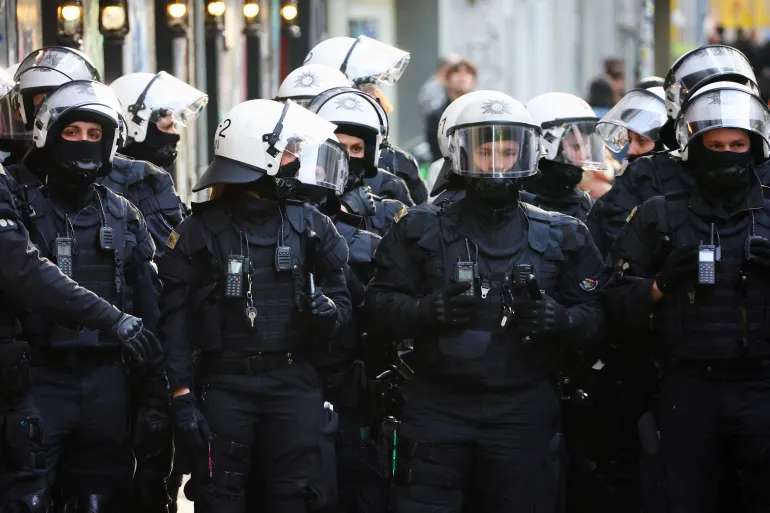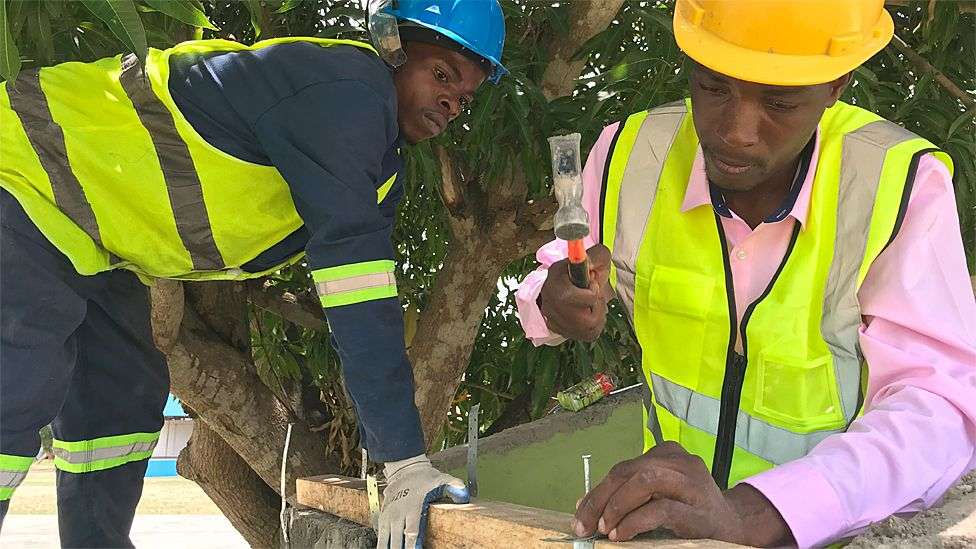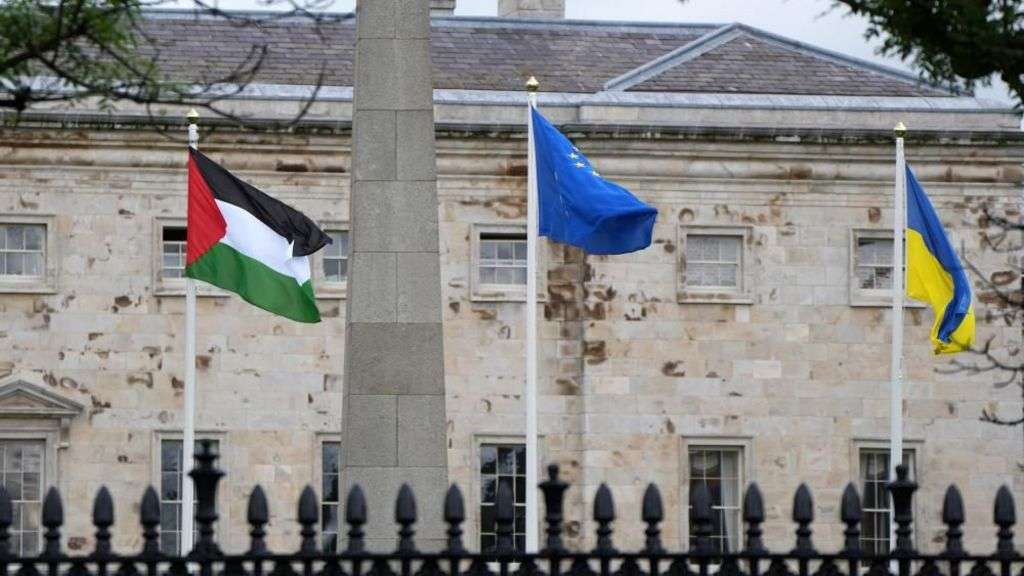More than 200 Eritrean opposition supporters have been arrested in Germany after violence broke out on Saturday during a cultural festival organised by the supporters of Eritrean President Isaias Afwerki in the southern city of Stuttgart, local police said on Sunday.
At least German 26 police officers were injured in the riot that broke out on Saturday, drawing condemnation from German Interior Minister Nancy Faeser on Sunday.
“Foreign conflicts must not be carried out in our country,†she said on Sunday about the violence that erupted after around 200 protesters began throwing stones, bottles, and other items at police officers and participants of a pro-Isaias gathering. Four participants and two opposition supporters were also among the injured.
Nearly 300 law enforcement personnel deployed to the scene found themselves caught in “massive violence†between the two opposing groups, said Carsten Hofle, deputy police commissioner in Stuttgart.
“Neither the intensity nor the extent of the violence was foreseen,†he said.
The event saw up to 90 Eritrea government supporters face off against several hundred opposition backers who refused to go to the site designated by authorities to hold the protest, police said.
It added that officers were attacked with bats, nails, metal rods, bottles and stones.
String of violent protests
Saturday’s protests were the latest in a spate of unrest surrounding Eritrean cultural events in Germany and elsewhere.
In July, a clash at an Eritrean festival in the western German city of Giessen left 22 police officers injured.
A fight between Eritrean government supporters and opponents in the Israeli city of Tel Aviv in early September led to one of the most violent street confrontations among African asylum seekers and migrants in the city’s recent memory.
Tens of thousands of people have fled Eritrea for Europe, many alleging they were mistreated by Isaias’s repressive government.
The conflicts surrounding gatherings like Saturday’s highlight the deep divide among members of the Eritrean diaspora, those who remain close to the government and those who have fled to live in exile and strongly oppose Isaias.
Eritrea broke away from Ethiopia in May 1991 and formally declared independence in May 1993. It is led by Isaias, who is known for his iron-fisted rule.
The East African country, often dubbed the “North Korea†of the continent, has been sanctioned for meddling in regional conflicts, including most recently over abuses by its army in the Tigray war in Ethiopia.








